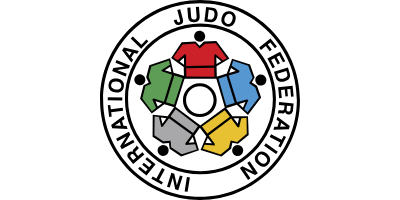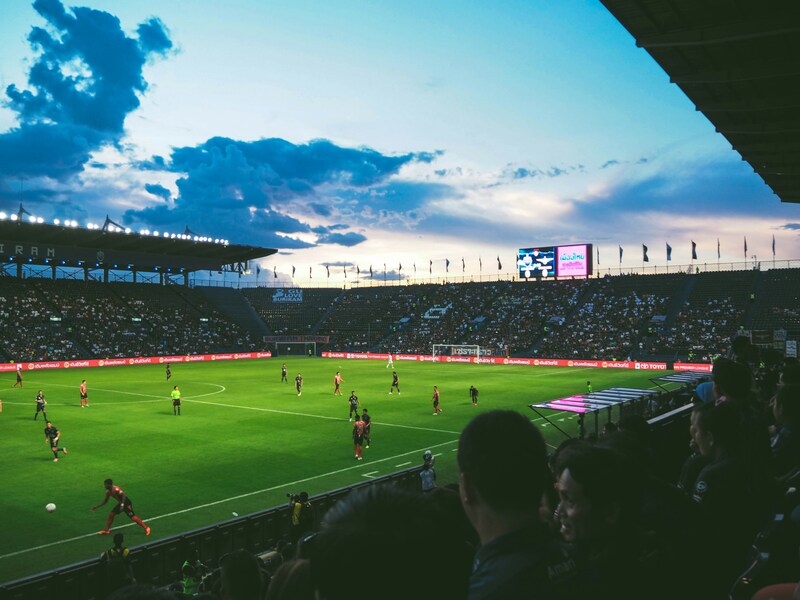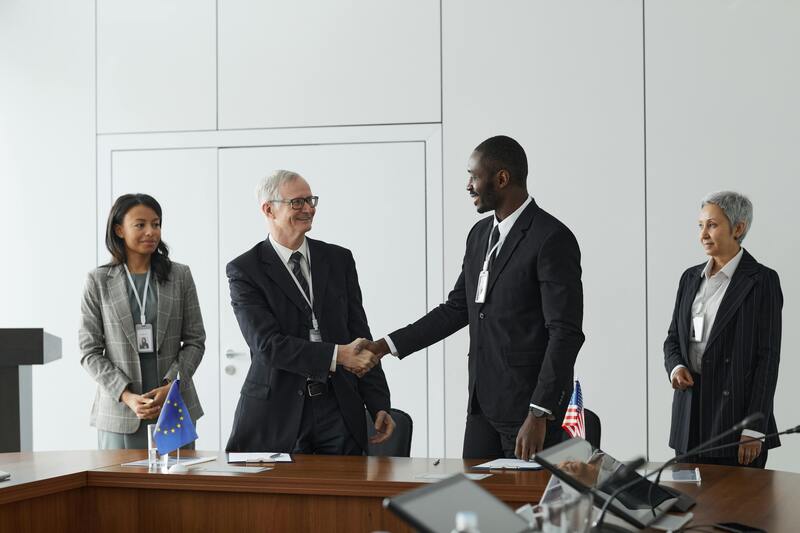Master’s degree
International
Sports Diplomacy
Overview
While professional athletes often excel in their respective sports, they may struggle when transitioning into diverse roles across organizations, companies, sports clubs, and federations. Similarly, individuals from various backgrounds, such as economics or law may lack the specialized diplomatic skills needed in roles connected to sports and diplomacy.
This program is designed to train professionals who would like to work in international sport federations or national federations with international activities. With a diverse teaching staff that brings a broad range of nationalities and expertise, the program offers a unique, international experience. This diversity extends to both current students and alumni, enhancing the global scope of the learning environment.
With your expertise, you’ll be able to comfortably settle into various sport organizations in leadership roles and successfully represent these organizations in any kind of international events. With the help of the mentorship offered in the program, you will also be offered guidance in how to move forward with your professional career in sport.
For non-EU students:
30 June 2026
For EU and visa-free countries:
30 July 2026
3,000 EUR per semester
(6,000 EUR /year)
Start of study
September 2026
Study location
Budapest, Hungary
see on map
Study language
English
Study duration
1 year (2 semesters)
Study mode
Online means 100% online (classes and exams). Blended means mainly online classes with 2 weeks on campus each semester. Both Online and Blended are part-time study options.
Teaching days
The courses are held on Fridays and Saturdays.
Program level
Master’s (MA)
Entry qualification
• Undergraduate diploma (or higher)
• Those who are in their last year of bachelor education can also start their application.
Online/Blended study mode
You will study mostly online, and study two weeks on-campus each semester. All the exams are online.
Alternatively, you can choose to study 100% online. However, you would miss the on-campus networking opportunities.
What makes our program unique?
Through a well-rounded curriculum covering key aspects of diplomacy, strategic planning, and diplomatic methods, you will effectively navigate the intersection of the sports industry, civil sector, and global trends.
Completing this program will enable graduates to acquire and develop their diplomatic skills, their understanding of the complexities and correlations in global sport administration and industry, and to communicate successfully in international negotiations, events and other activities. You’ll not only get to know the most important organizational structures and legal frameworks of global sport but will also have a chance to discuss about the different meanings, values, norms that we attach to sport.
Career opportunities
- Sport federations & National Olympic Committees: Lead your organization to new heights, engage in international relations, negotiate for sporting events.
- International sporting events: Support the organization of sporting events to make them more visible, more popular and more accessible for participants and spectators.
- Team Manager/Director: Oversee operations, manage staff, and ensure athletes have the support to succeed on the international stage.
- Sports Program Manager: Create and manage engaging sports programs for schools, communities, and organizations.
- Sports Consultant: Advise sports organizations or athletes on marketing, communication and international strategies and activities.
- Sports Educator/Lecturer: Share your knowledge and train the next generation of sports professionals.
Curriculum
You can see below what subjects are taught each semester of the one-year program.
Semester 1:
History and Theory of Diplomacy and International Relations, The Theory and the Methodology of Sport Diplomacy, Sport in Society, International Sport Law, Global Sport Governance I: Global Sport Relations, Hosting and Organizing International Sport Events, The Practice of Sport Diplomacy: Contexts and Tasks of Sport Diplomacy, Elective I., Elective II., Internship
Semester 2:
Global Sport Governance II: International Sport Organizations, Intro to Grassroots Sports Diplomacy, Communication for International Relations / Social media, Sport Protocol and Event Management, Sports Integrity (Fair Play, Betting, Anti-Doping), Sports for Development and Inclusion, Decision Making and Good Governance in Sport, Project work/thesis, Elective III.
Who will teach you
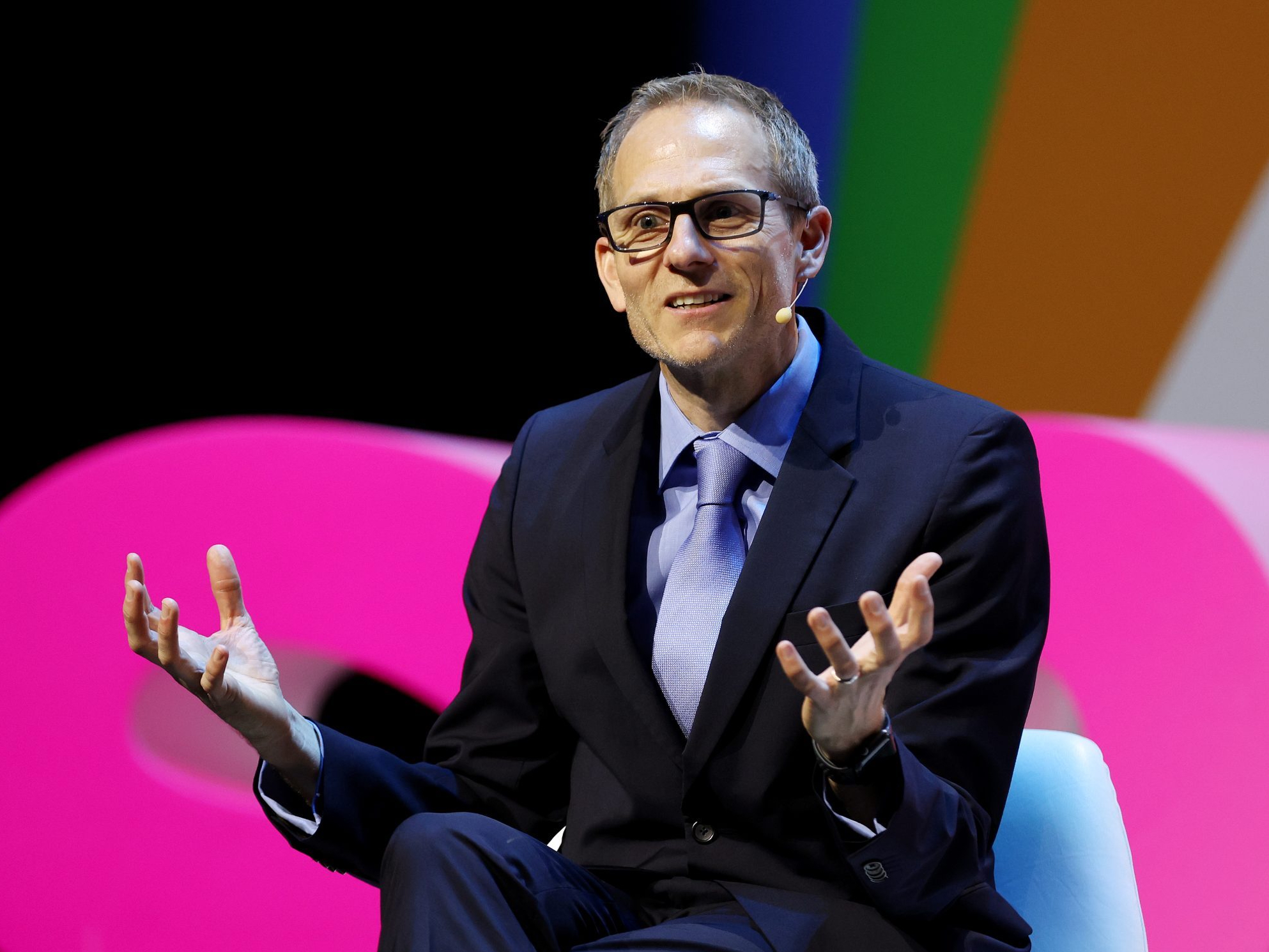
Dr. Simon Rofe
A world leading expert in sports diplomacy.
Associate Professor at the University of Leeds (QS #86 ranking).
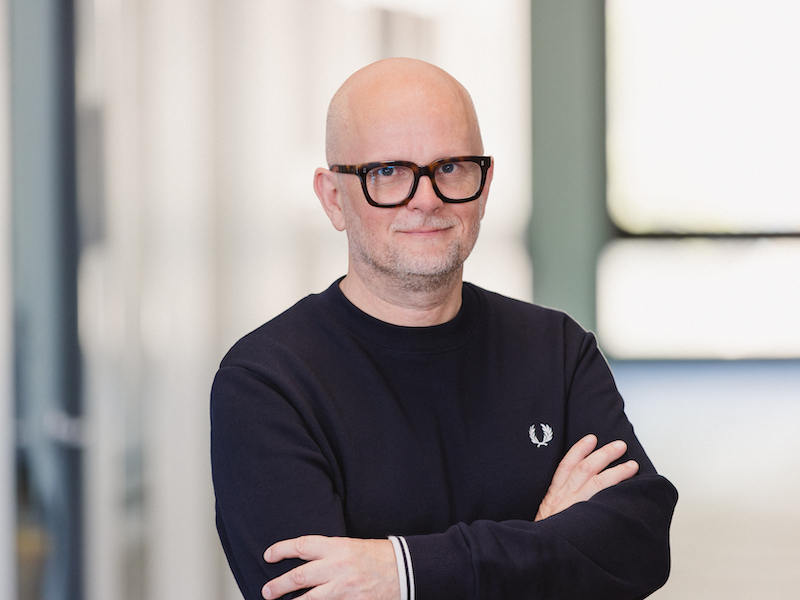
Prof. Simon Chadwick
Renowned professor of global sports diplomacy and geopolitics with 30 years of experience.
Professor at the University of Salford (UK).
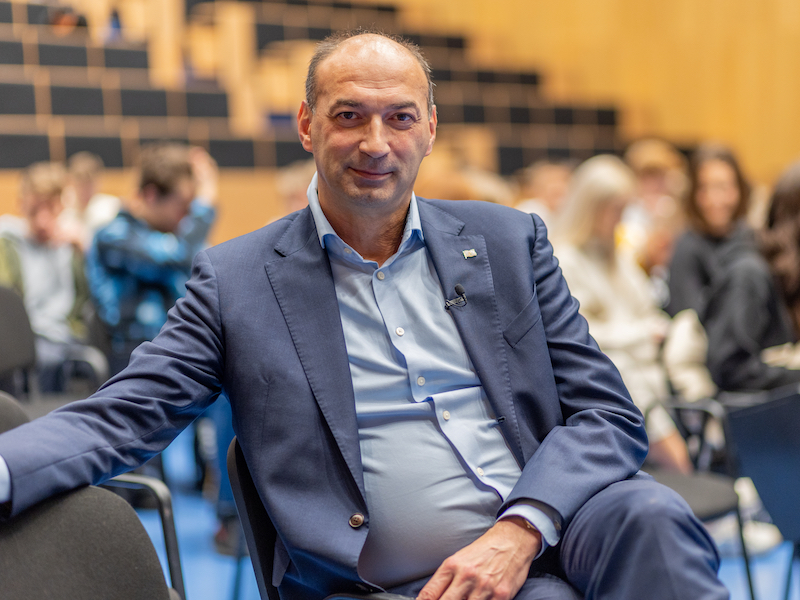
Prof. Dr. Tamás Sterbenz
Rector of the Hungarian University of Sports Science.
Expert in sports economics and sports management. Former Olympic athlete and former head coach of the national basketball team.
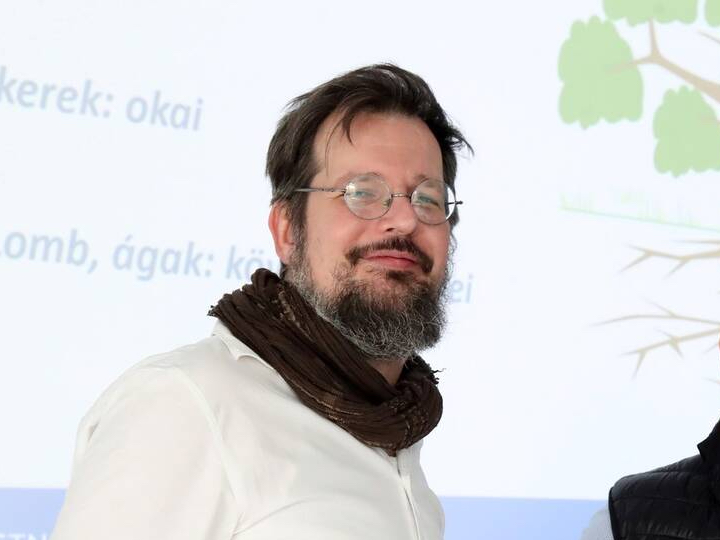
Dr. Tamás Dóczi
Professor at the Hungarian University of Sports Science.
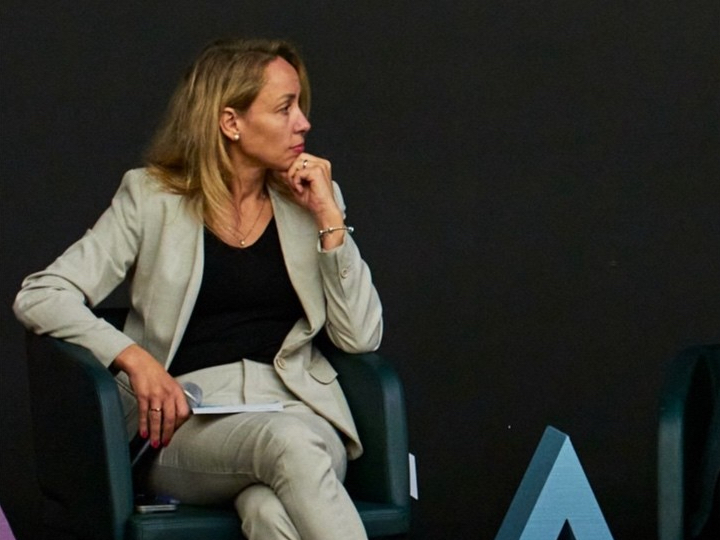
Silvija Mitevska
Former advisor to the Prime Minister of North Macedonia on sport. Chair of the Women and Sport Commission at the National Olympic Committee.
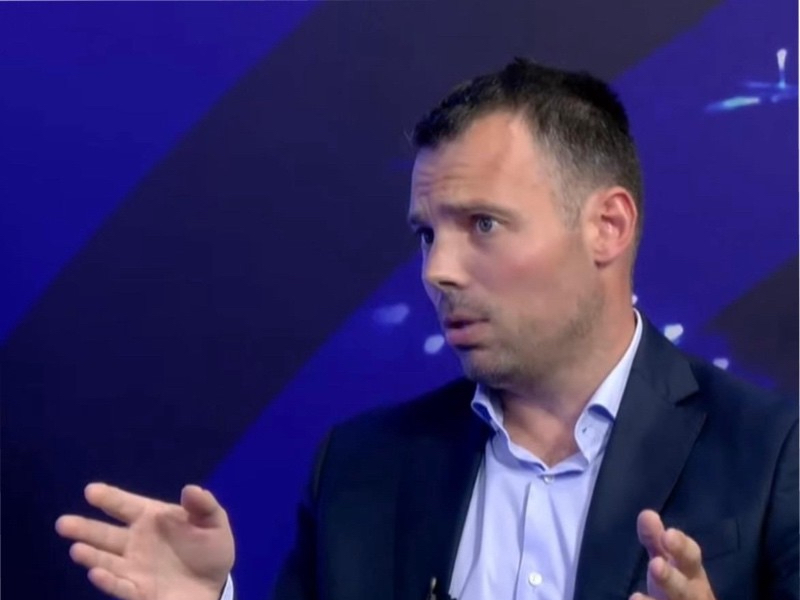
Dr. Marko Begovic
Our global partners
